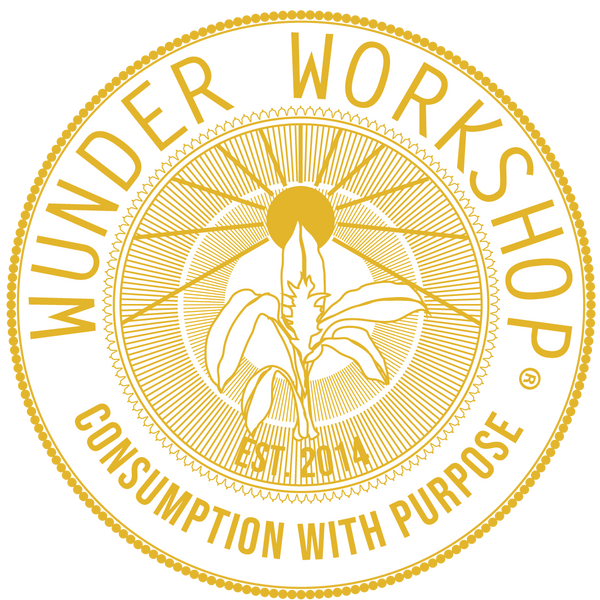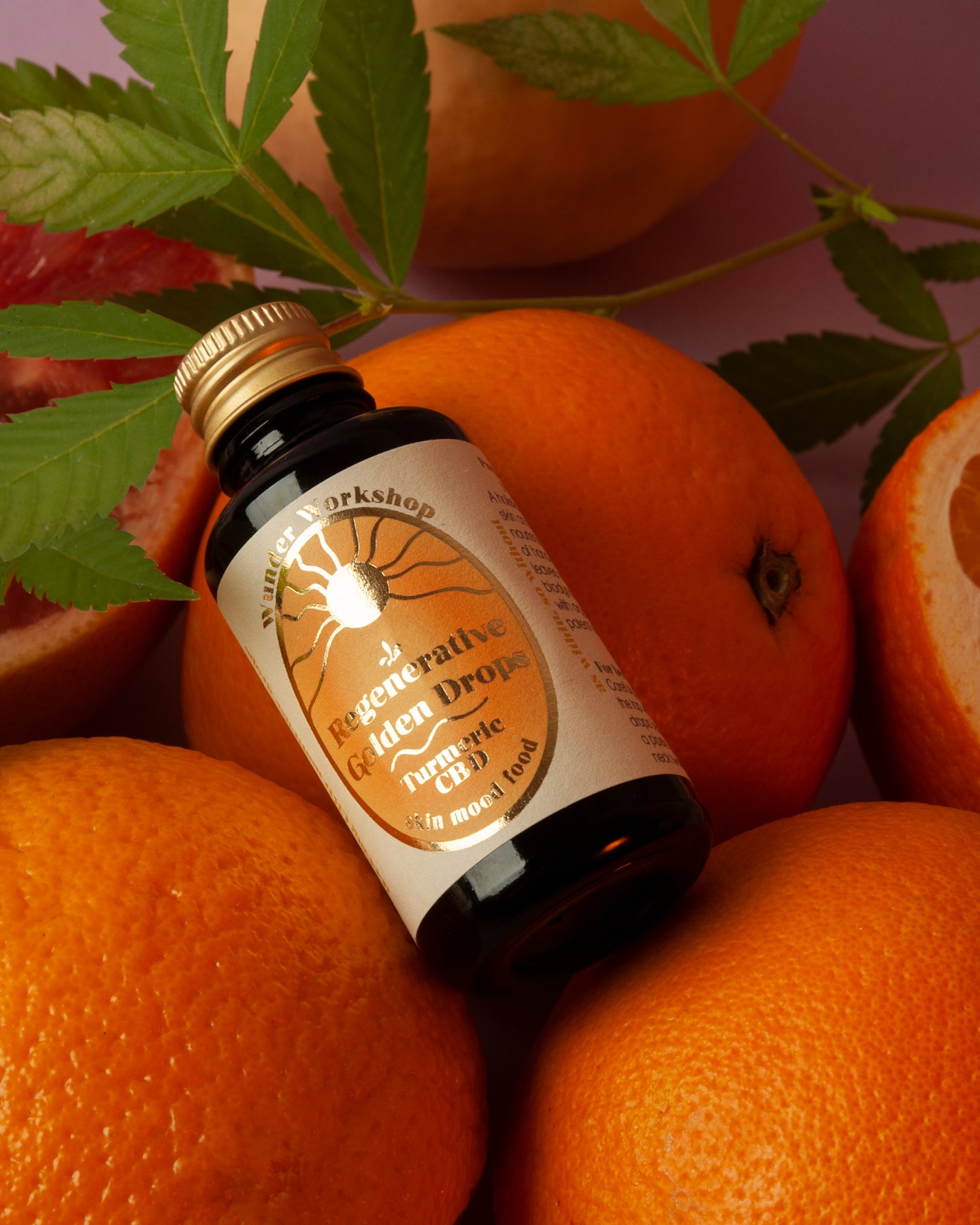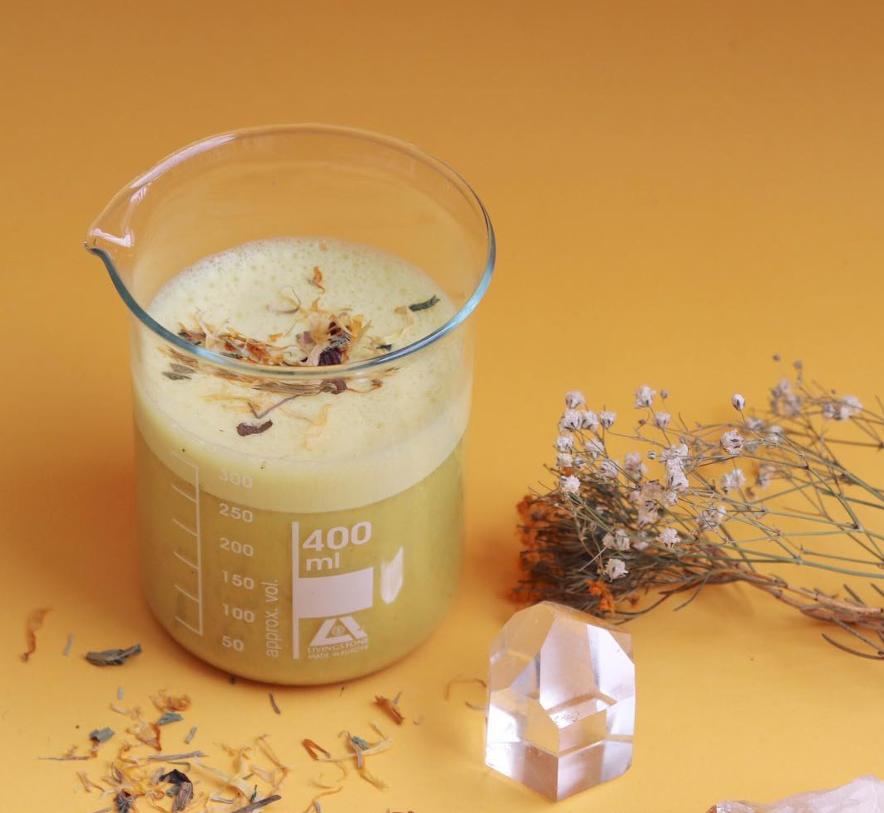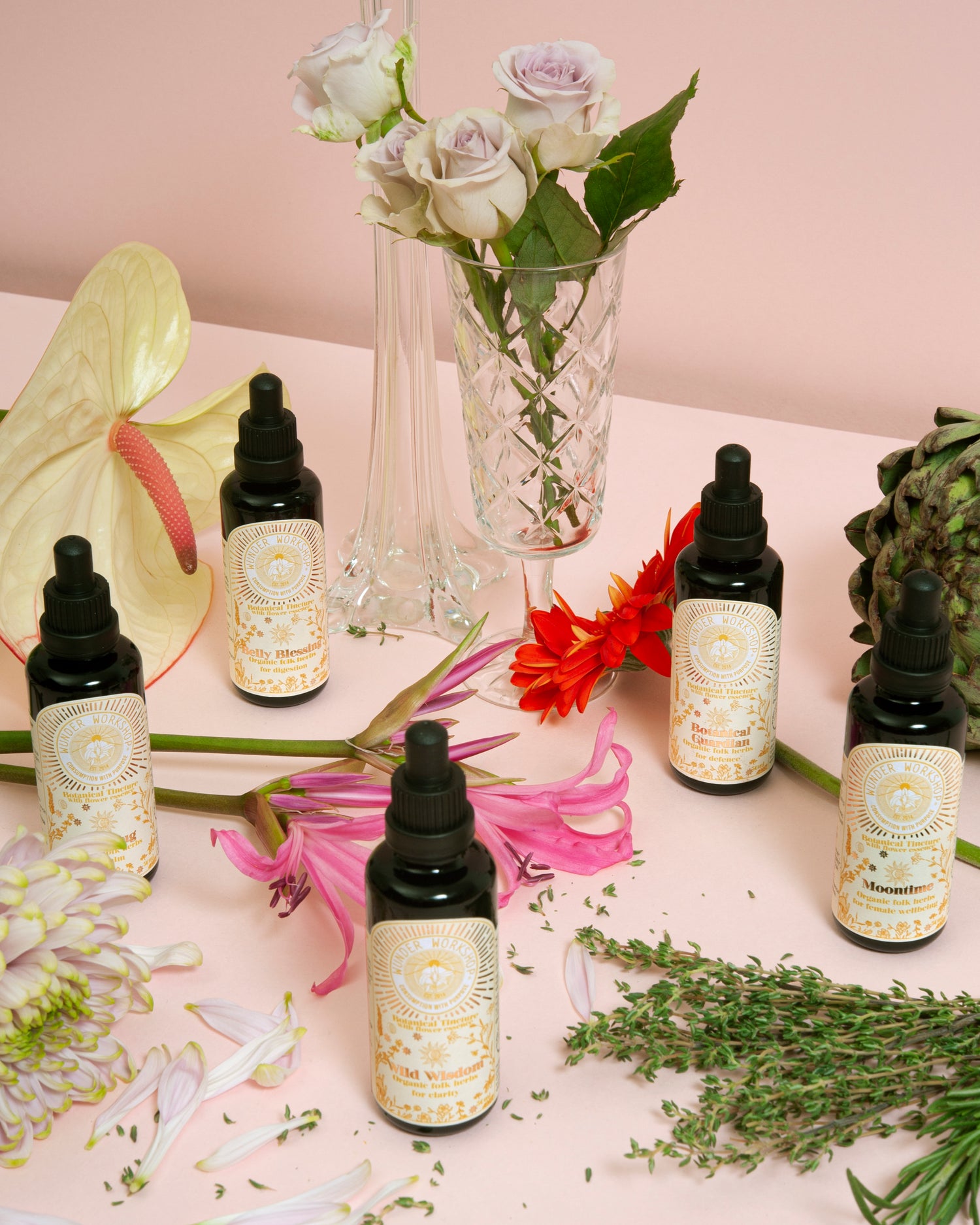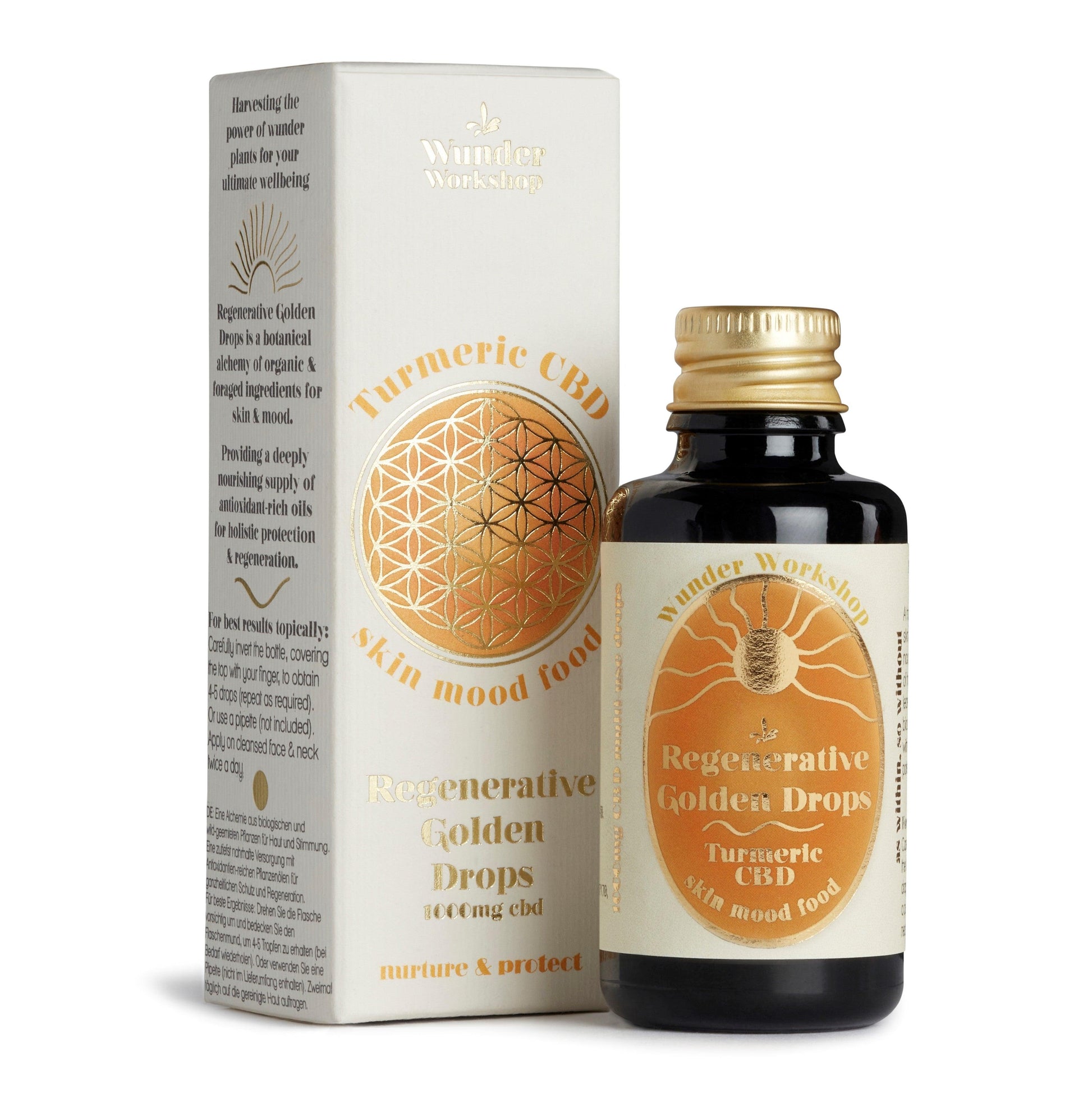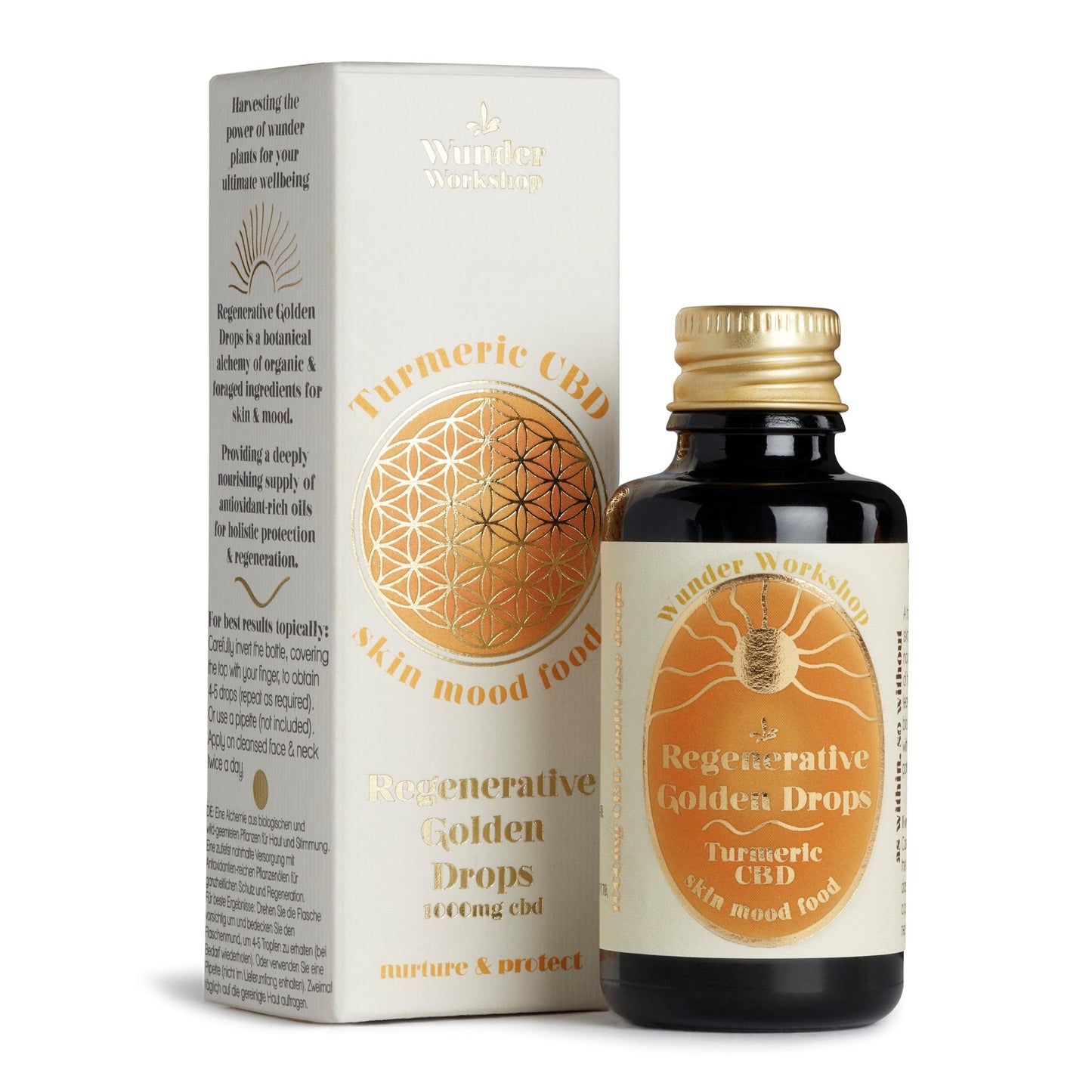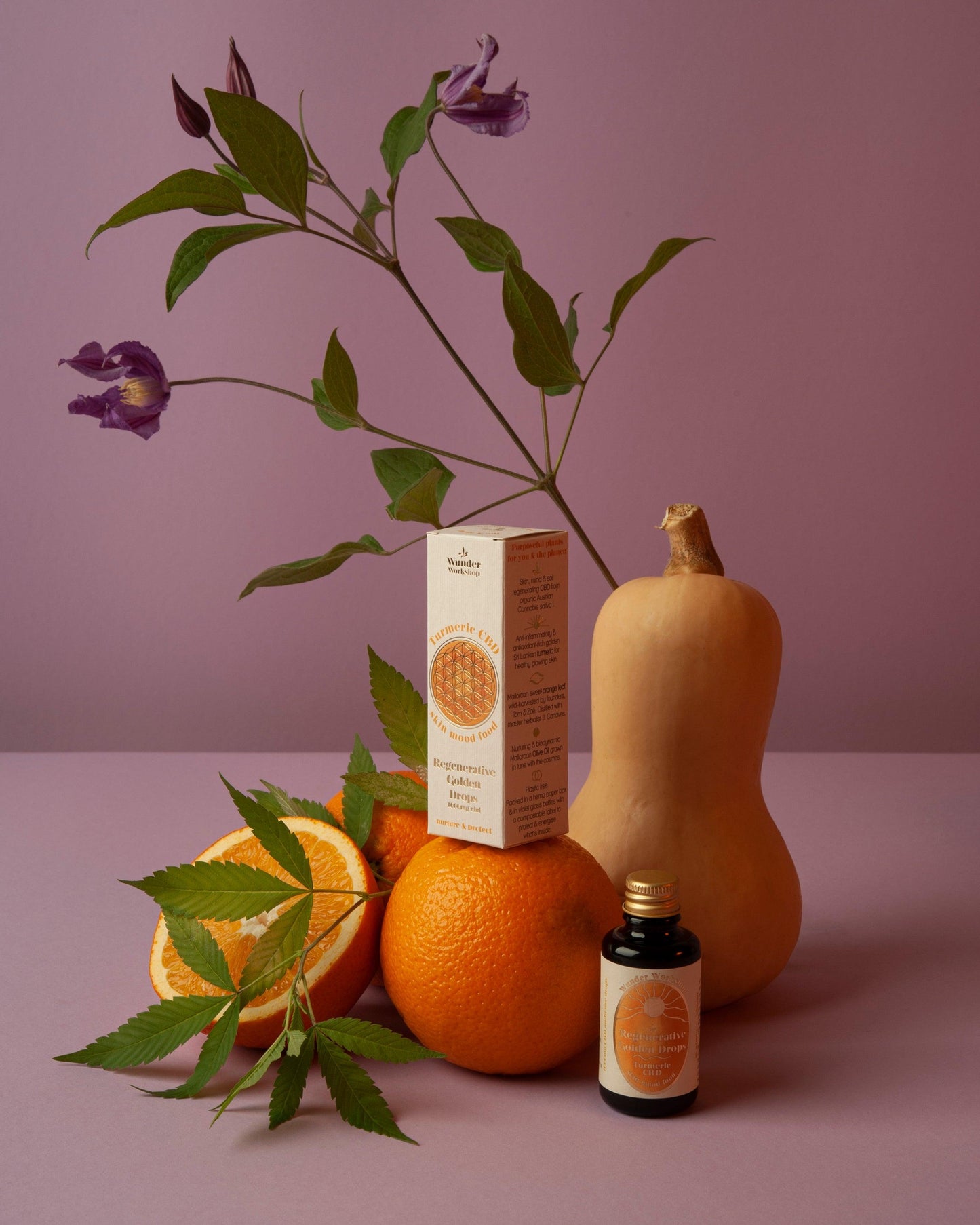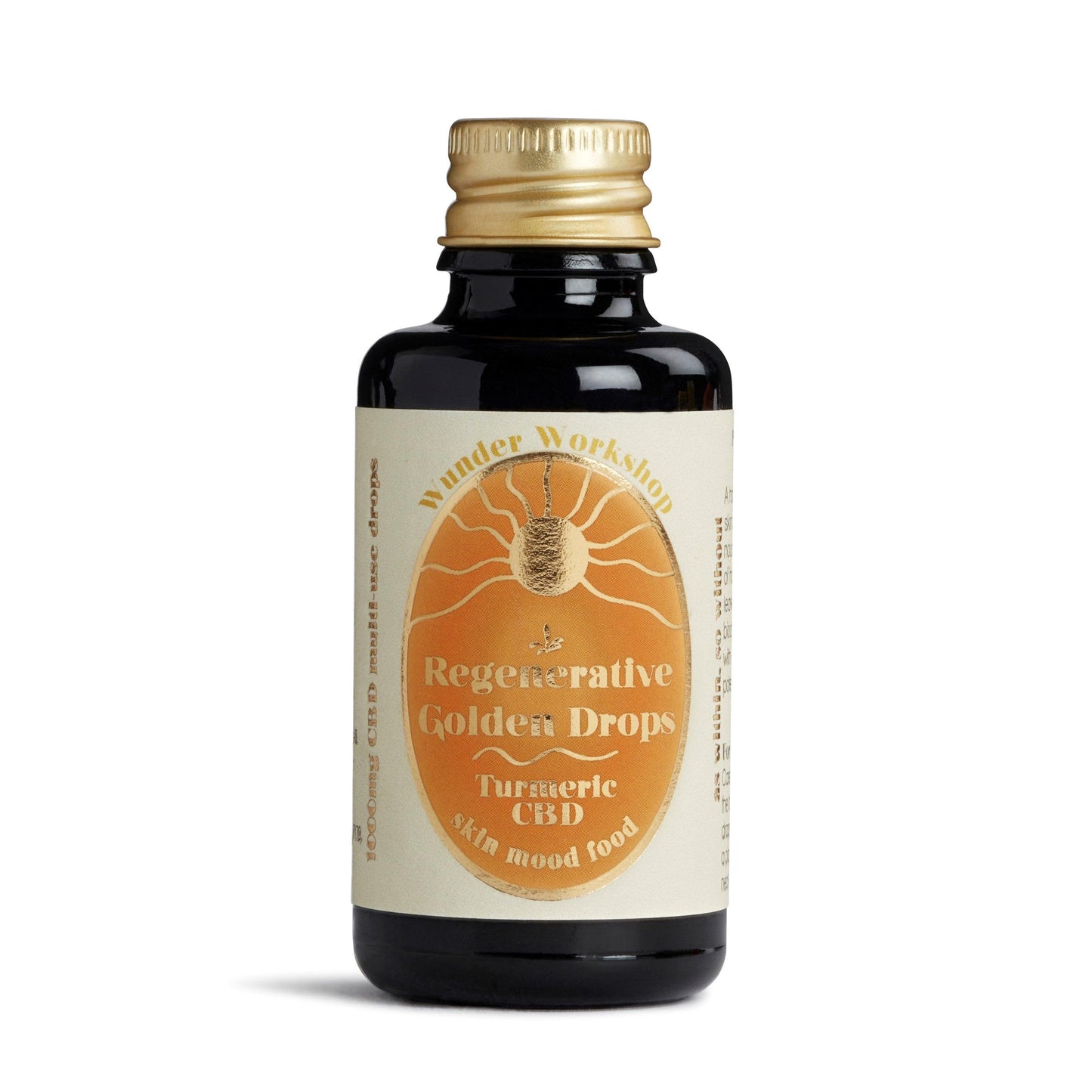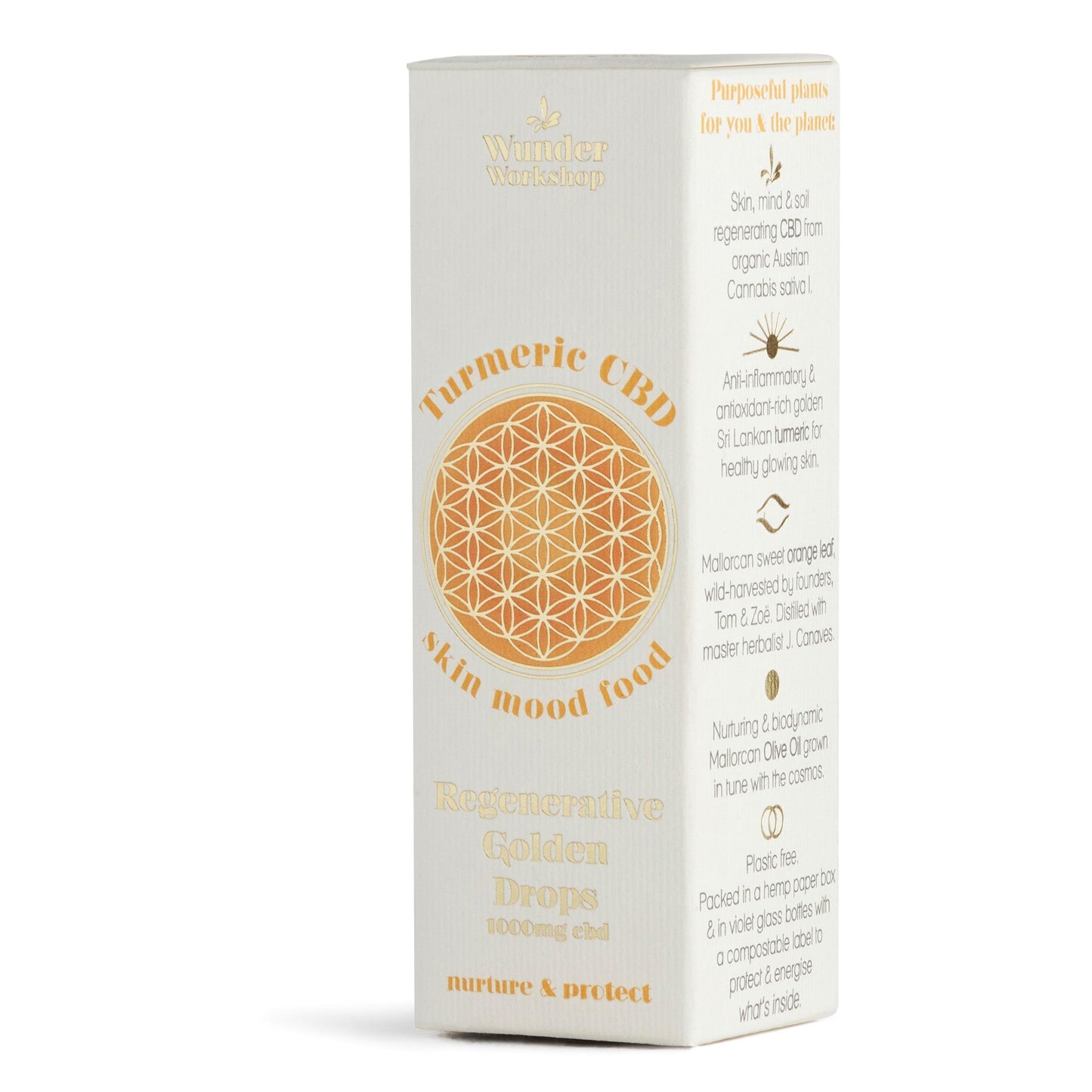Most people know about Turmeric and its usage, aside than in Indian Curry. But, few really know the extends, of its magical powers! We all know it is healthy but how?
Turmeric (Curcuma longa), is arguably the most powerful herb (dare I say Super Herb?) on the planet at fighting and potentially reversing disease.
It has amazing healing properties and, despite the efforts of big Pharma to try and discredit the power of nature, there are currently over ten thousand, peer-reviewed, articles supporting the evidence that turmeric is healing, especially one of its renowned healing compounds, curcumin.
Turmeric comes from the Curcuma longa plant, which grows in India and other Southeast Asian countries. (Wunder Workshop sources its turmeric from an Organic, Ayurvedic farm in Sri Lanka).
The dried root is ground and roasted into the distinctive yellow turmeric powder we are familiar with. There are several chemical compounds found in turmeric, known as curcuminoids and the active substance in turmeric is, in fact, curcumin.
It is easy to state that Turmeric is a healing plant but of the thousands of reviews, some, interestingly compared Turmeric to conventional drugs and found this root MORE advantageous than drugs (no side effects is a great start). One can imagine how upsetting this is for Big Pharma and why they try to discredit Turmeric over and over using mainstream media for their agenda!
So, what are the real and recognized health befits of Turmeric?
The list is pretty impressive and here some of the most common ailments Turmeric is pretty awesome for:
Anti-inflammatory: The most powerful aspect of curcumin is its ability to control inflammation. Studies revealed that after comparing several anti-inflammatory compounds, it found that aspirin and ibuprofen are least effective, while curcumin is among the most effective anti-inflammatory compounds in the world. The anti-inflammatory effects of curcumin have also been studied as a possible treatment for Alzheimer's. At this point, evidence for turmeric’s effects on Alzheimer is inconclusive, however, further research might result in the development of future treatments.
Antidepressants: The journal Phytotherapy Research published the results of an amazing, innovative study which took 60 volunteers diagnosed with Major Depressive Disorder (MDD), such as Manic Depression (bipolar), and split the group to determine how patients treated by curcumin fared against Prozac and a combination of the two. Not only was it discovered that all patients tolerated curcumin well, but they discovered curcumin was as effective as Prozac in managing depression.
Chemotherapy (Read this related article on the Daily Mail): Of all the various topics scientists have tackled in regards to curcumin and disease reversal, cancer is one of the most thoroughly researched topics. In the words of charities like Cancer Research UK, Turmeric works incredibly well to help treat cancer and is especially effective at treating breast cancer, colon cancer and skin cancer.
Anticoagulants: Medical intervention generally includes an array of medications to slow and prevent blood clotting. a few examples of popular blood thinners are: Aspirin, Clopidogrel (Plavix), Enoxaparin (Lovenox), Ibuprofen (Advil, Motrin, others), Naproxen and Warfarin (Coumadin). Unfortunately, for people with conditions that are treated by these drugs (i.e. deep-vein thrombosis and pulmonary embolism), this approach may not always be the wisest decision. Ibuprofen overdose is very high! In addition to common side effects like excessive bleeding and haemorrhage, the risks associated with anticoagulants abound and include everything from back pain to headaches to difficulty breathing. The NHS lists them all! Turmeric, on the other hand, has no known side effects unless taken in extremely excessive amounts (which one needs to work very hard to do). Studies show that the curcumin in turmeric is, in fact, a better option for those with vascular thrombosis.
Pain killers: One of the more widely accepted properties of curcumin in scientific communities is its ability to manage pain. The European Journal of Pharmacology published research that discovered curcumin naturally activates the opioid system calming pain! Typically manipulated by drugs, this natural process serves as the body’s inherent pain-relieving response.
Diabetes: For lowering blood sugar and reversing insulin resistance, there’s arguably no better natural treatment than adding turmeric into your diet. In 2009, a study out of Auburn University explored how supplementing with turmeric can help reverse diabetes. The study discovered that curcumin in turmeric is literally 400 times more potent than Metformin (a common diabetes drug) in activating AMPK which improves insulin sensitivity which can help reverse Type 2 Diabetes. Curcumin has also been proven to help reverse many of the issues related to insulin resistance and hyperglycemia. Here a great study to read for this topic.
Arthritis: Because curcumin is known for its powerful anti-inflammatory and pain-reducing characteristics, a study was conducted on 45 rheumatoid arthritis patients to compare the benefits of curcumin in turmeric to the drug Diclofenac sodium, which put people at risk of developing leaky gut and heart disease. The study split these volunteers into three groups: curcumin treatment alone, Diclofenac sodium alone, and a combination of the two. The results showed that the Curcumin group had the highest percentage of improvement in overall. More importantly, no side effects.
Skin Treatments: The anti-inflammatory and antioxidant properties of turmeric have proven effective in treating skin conditions. In Ayurveda, Turmeric is, in fact, an active ingredient of most skin care and healthy young women use this root for their daily grooming. But aside from beauty, the benefits for skin include speeding up wound healing; calming the pores to decrease acne and acne scarring; and controlling psoriasis flares. This cool study is one of many that shows how turmeric is excellent for skin health
This is impressive, right? And this list is not inclusive at all! It is a very sensitive subject to claim that food/nature can trump medication but more and more evidence supports the claims that Turmeric really does. The issue is that Medical Doctors, unless they do the research on their own accord, away from what they have been taught, have no clue about how to use nature anymore and we can only hope this will change sooner or later. This by no means says that science and medicine are unhelpful, science has created hope for those who had none, but we are going a little overboard with drugs and more people die from drugs overdose than diseases.
Does Turmeric have side effects?
Like with literally EVERYTHING, Turmeric can have side effects too. Some people have reported allergic reactions to turmeric, especially after skin exposure. Typically this is experienced as a mild, itchy rash*. High doses of turmeric have been observed to cause a few issues such as:
- Nausea
- Diarrhea
- Increased risk of bleeding
- Increased liver function tests
- Hyperactive gallbladder contractions
- Hypotension (lowered blood pressure)
- Uterine contractions in pregnant women
- Increased menstrual flow
But this is more of a concern when taking supplements and high concentrate; it is very difficult to consume too much as food.
People taking certain medications should also be careful when using turmeric in their food or supplementing with it. Turmeric may interfere with anticoagulants, like aspirin, clopidogrel and warfarin. It also can affect medications such as non-steroidal, anti-inflammatory drugs.
Even if you are on medication you can have turmeric in your food but always consult your GP for safety measures.
*Like with everything, a word of caution: Turmeric can cause an allergic reaction so do a patch test by applying a dime-size amount to your forearm. Then wait for 24–48 hours to check for any reaction before applying turmeric to your face.
Article written by: WUNDER Health Coach Chantal Di Donato www.liveleanhealth.com

